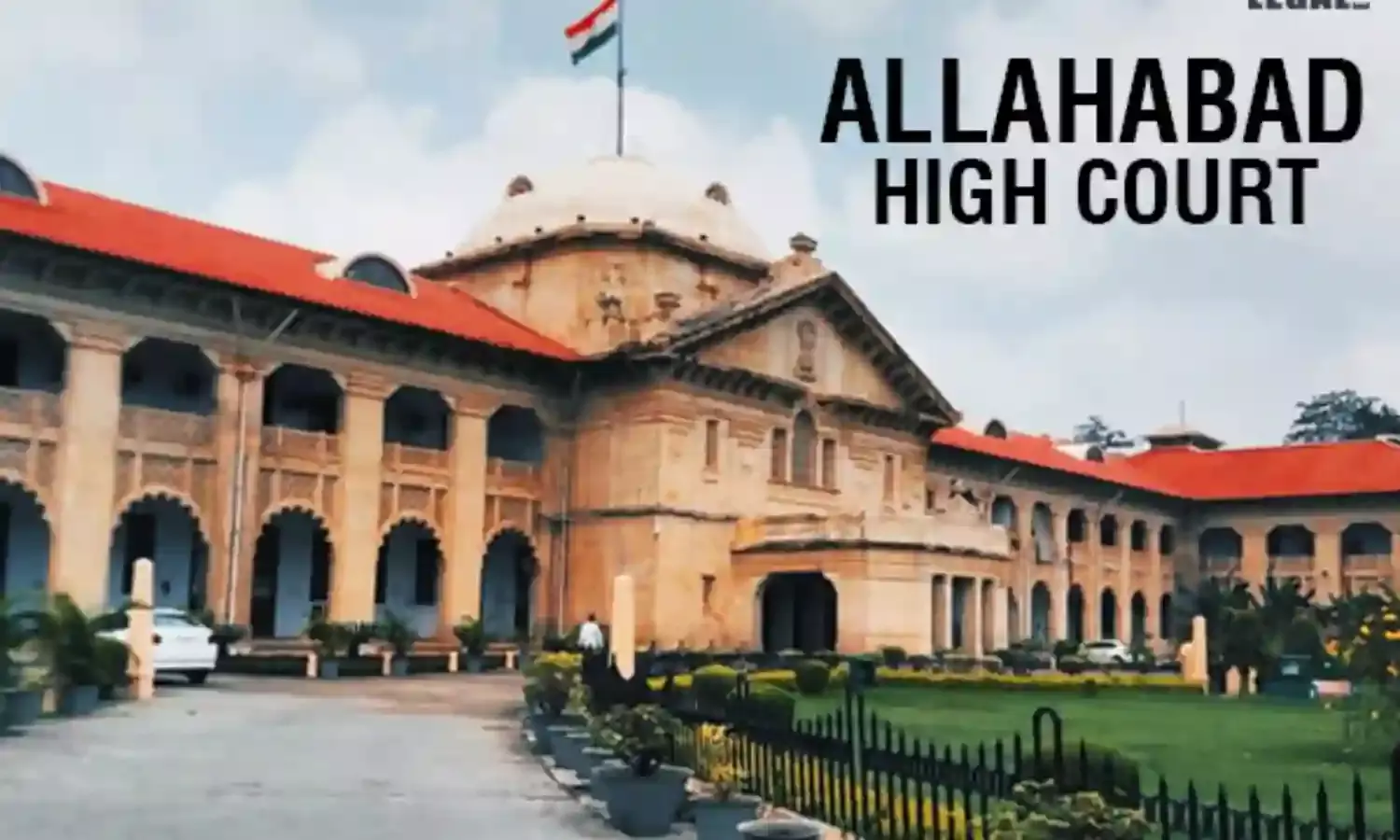CGST Act: Allahabad High Court Exempts Filing of Self-Certified Copy of Order for Electronically Filed Appeals
The Allahabad High Court has ruled that the necessity for a self-certified copy of an order does not extend to electronically;

CGST Act: Allahabad High Court Exempts Filing of Self-Certified Copy of Order for Electronically Filed Appeals
The Allahabad High Court has ruled that the necessity for a self-certified copy of an order does not extend to electronically filed appeals under Section 107 of the Central Goods and Service Tax Act, 2017, read with Rule 108 of the Central Goods and Services Tax Rules, 2017.
Section 107 of the Central Goods and Services Tax Act, 2017 grants the right to appeal to any individual who feels aggrieved by an order issued under the Act. Meanwhile, Rule 108 of the Central Goods and Services Tax Rules, 2017 stipulates that such appeals under Section 107 must be submitted using FORM GST APL-01, accompanied by the requisite documentation, either through electronic means or through other methods as notified by the Commissioner.
The proviso to Rule 108 of the CGST Rules mandates that if the order being appealed against is not uploaded on the common portal, a self-certified copy of the said order must be submitted within seven days of filing the appeal using FORM GST APL-01. Additionally, the second proviso states that failure to file the self-certified copy of the appealed order within the stipulated seven-day period will result in the date of filing the appeal in FORM GST APL-01 being considered as the official date of filing the appeal.
The petitioner's appeals filed under Section 107 of the Central Goods and Service Tax Act, 2017 was dismissed by the Commissioner, CGST (Appeals), NOIDA on the basis of being time-barred. This decision was made due to the failure to provide a self-certified copy of the challenged order within seven days of filing the appeal, as required by the proviso to Rule 108 of the Central Goods and Services Tax Rules, 2017.
The petitioner's counsel contended that under Rule 108 of the CGST Rules, when an appeal is electronically filed and uploaded on the common portal using FORM GST APL-01, there exists no obligation to submit a self-certified copy of the order. The argument put forth suggested that the proviso to the Rule is applicable solely in situations where the appeal is not uploaded on the common portal.
Justice Shekhar B. Saraf held that the appeal was filed electronically within the permissible time frame of three months, as stipulated by Section 107 of the Central Goods and Services Tax Act, 2017. Additionally, he determined that neither the first proviso nor the second proviso to Rule 108 of the Rules would be applicable. This interpretation was based on a literal reading of the first proviso itself. Therefore, Justice Saraf asserted that the requirement to submit a self-certified copy of the order within seven days does not apply in this case because the appeal was electronically filed within the specified time limit.
Setting aside the order of the Commissioner, CGST (Appeals), NOIDA, the Court directed the respondent to hear the appeals de-novo and to issue a reasoned order on the merits of the case.
In light of the above, the court quashed and set aside the impugned order and directed the appellate authority to hear the appeals filed by the petitioner de novo and issue a reasoned order on merits within a period of three months.
With the aforesaid directions, the court granted the writ petition.


